Greece will supply Europe with gas - The project envisages the transportation of about 25 billion cubic meters per year
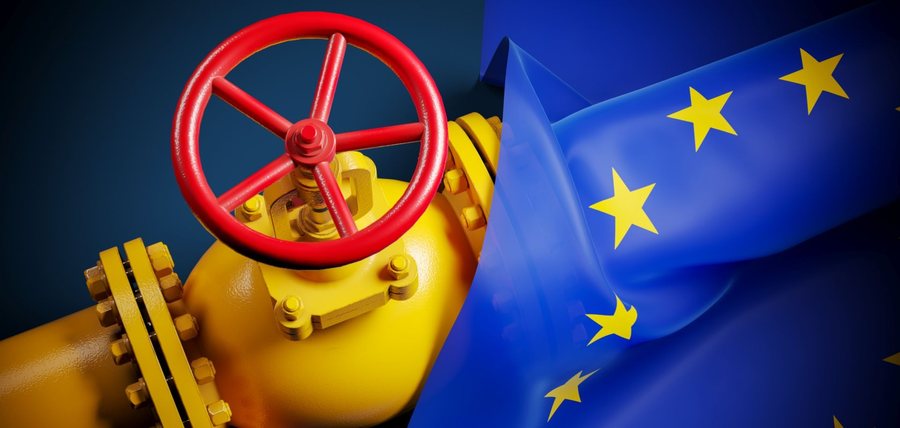
Greece's strategy to use the existing natural gas infrastructure in the Southeastern European region in a reverse flow is on track to be implemented. The gas will flow from south to north, in order to enable resource diversification in the countries of the region, and not from north to south, as was planned many decades ago for the transportation of Russian resources.
Through the so-called "Vertical Corridor", natural gas from the Greek terminals in Revithoussa and Alexandroupoli will enter Bulgaria and from there continue to Romania, to reach Hungary and Slovakia in the west, as well as Moldova and Ukraine in the east.
Upon completion of the project, approximately 20-25 billion cubic meters of gas will be transported through this axis annually from south to north. This will make Greece a key player in achieving the region's energy independence from Russia, while simultaneously improving its geopolitical role in relation to Turkey.
The first significant step in implementing the Vertical Gas Corridor strategy was taken in Kresna, Bulgaria, with the official inauguration of the construction of a major branch of the Bulgarian network.
This key project is expected to be completed within the first quarter of 2026 and is related to the expansion of capacity from Greece to Bulgaria (with the Sidirokastro interconnection point) and from Bulgaria to Romania (with the Kresna interconnection point). The operation of this corridor will offer the possibility of transporting increasing quantities of natural gas from south to north.
A second important development towards the implementation of this geostrategic project is the agreement of the nine operators promoting the project for uniform transit tariffs. Operators from Ukraine, Moldova, Romania, Bulgaria and Greece held the first auction to reserve 31 gigawatt hours/day of capacity with delivery from Athens to Kiev in June, at a single transit price.

Salaries in the south "empty" Tirana of waiters - Flora Xhamani Baba: This is due to the decline in the influx to the capital
The migration of youth, and not only from the capital, to work in the south of the country during the summer season is causing problems for bars and......
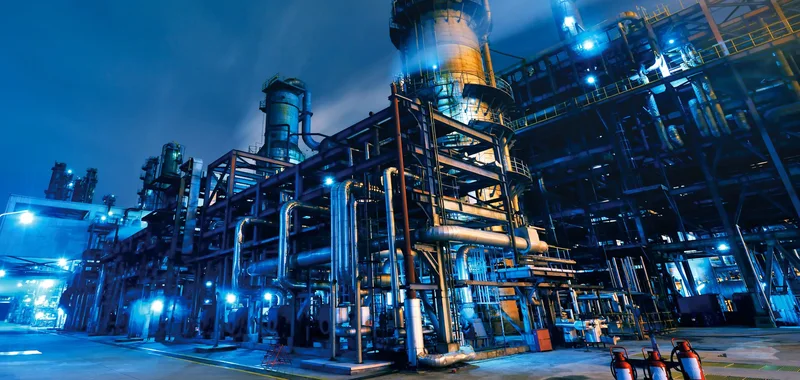
What should be the new industrial vision in Albania? - “Human capital and regional market, keys to a productive economy”
The development of an Albanian industrial model would be considered by economists as one of the potentials that Albania should exploit. According to......
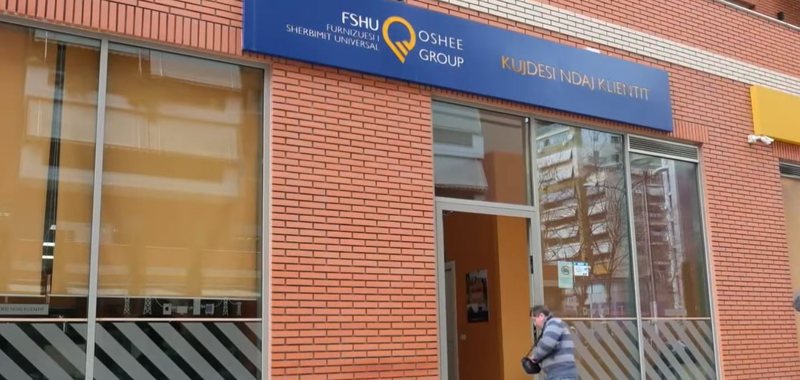
OSHEE "reschedules" 81.5 million euro loans - Borrows 45.75 million euro from the EBRD, saves over 7 million euro in bank interest
OSHEE will receive a 45.75 million euro loan from the European Bank for Reconstruction and Development to refinance and extend the terms of existing......
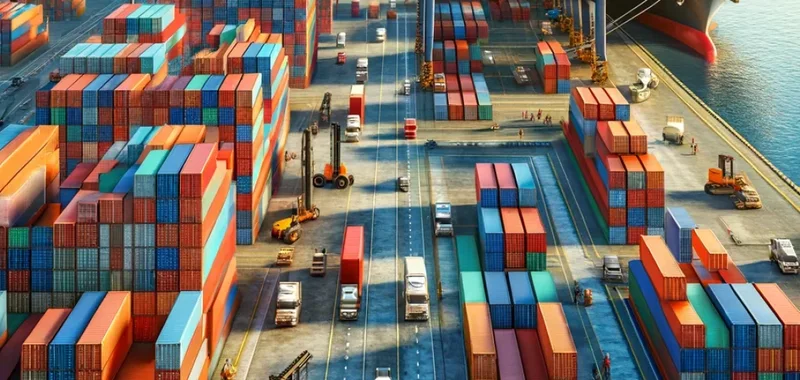
Businesses in industry, optimistic about exports - BoA: Confidence in the economy increased by 1.1 points in May. Services, high level of demand
After a decline in April, confidence in the economy returned to growth in May. According to the Bank of Albania's monthly report, the economic sentiment......
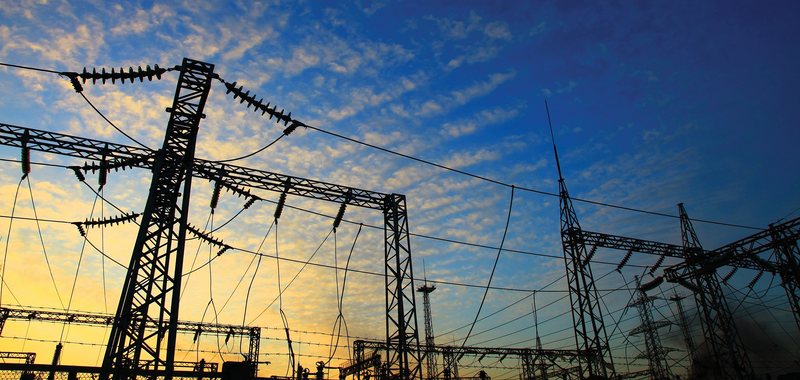
79 million euros in energy support - Kozeli: Grants for 8,000 families, we are adding charging stations for electric cars
The Committee on Productive Activities approved the draft law on the Multiannual Operational Program for Energy under the Instrument for Pre-Accession......

Businesses, 47 million euros in debt in May alone - Tax Appeal: Pay off your debts, or you will be fined
Businesses have increased the value of unpaid tax liabilities on time. The Tax Administration reports that during May 2025, an increase in unpaid tax......
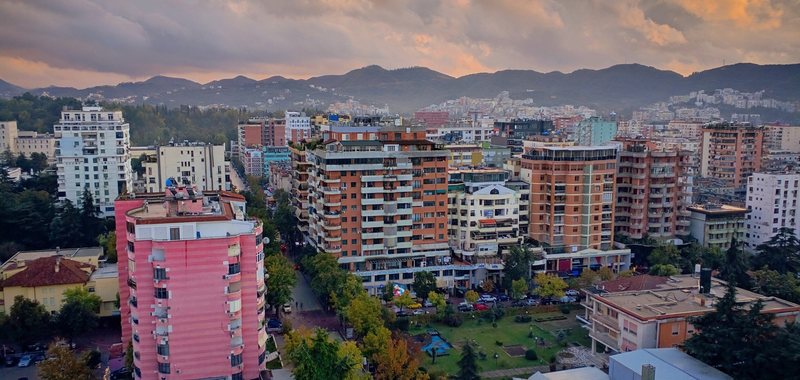
Tender announced for the revitalization of the former Blloku - What benefits this area most from the project?
The former Block, limited to the main streets such as “Ibrahim Rrugova”, “Pjetër Bogdani”, “Brigada VIII” and “Sami Frashëri” was once an area reserved for......
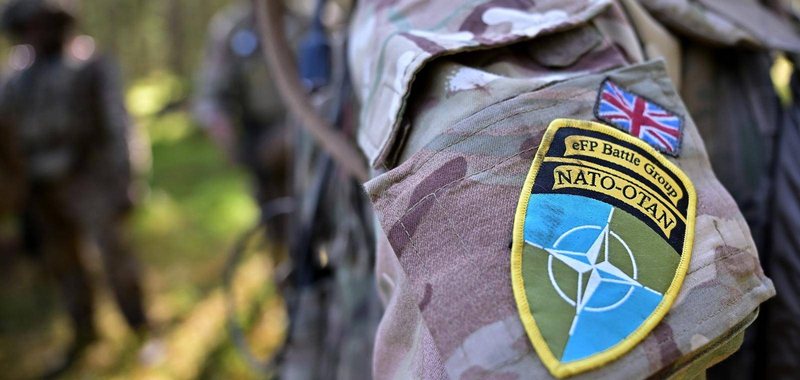
Britain strengthens military capabilities - 1.5 billion pounds to build six weapons factories
The United Kingdom will spend £1.5 billion on building six munitions and energy factories, aiming to "deter adversaries". The defence secretary, John......


















